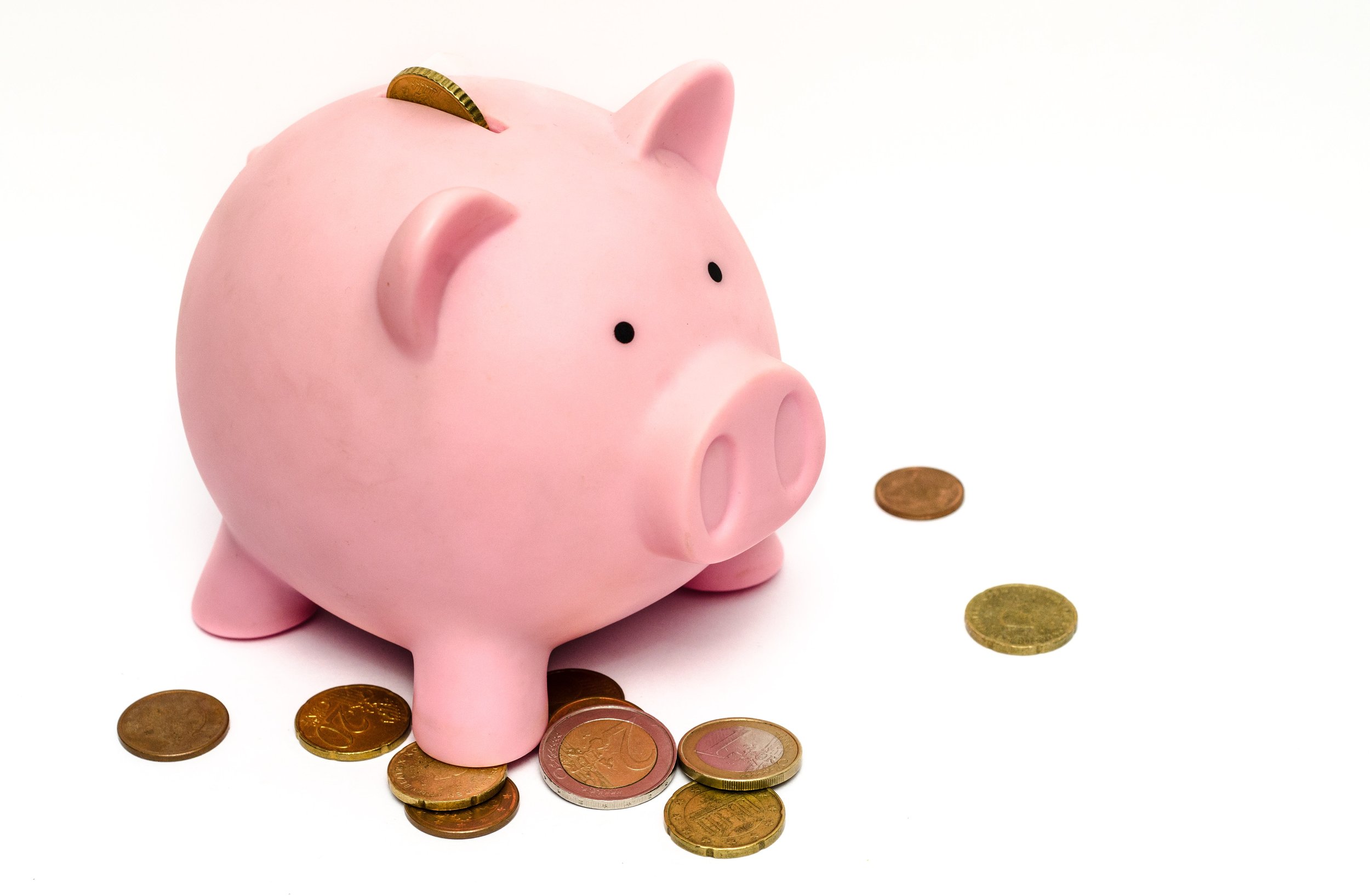Getting the most from event budgets
How to turn event budget scrutiny into an opportunity
Many of our recent discussions with corporate clients have turned to topic of event budgets, and the fact that they are being scrutinised now more than ever. It’s hardly surprising, given the uncertain economic outlook, high inflation, and rapidly rising costs across the supply chain, which are being passed onto end clients.
This increased scrutiny is putting pressure on internal event teams to do more with data to prove the ongoing value of their events and justify budgets. But this is not necessarily a bad thing. Having a robust data measurement strategy in place allows you to re-evaluate what you are trying to achieve, and better clarify the purpose of your events, so you can ensure you are getting the best return on objectives (ROO) as possible. It gives you the opportunity to not just improve your events, but also future proof budgets.
Understand what you are measuring and why
The annual ICE report revealed that many event organisers still struggle to capitalise on attendee and engagement data from their in-person events. 41 per cent of respondents said that in-person experiences don’t provide the insights they need, even though 59% look to use data for making a business case for future budgets.
If you are not getting the insights you need from your data, you might not be asking the right questions or capturing the right data. It’s vital to understand what data you’re capturing from the very beginning, so you can ensure you don’t miss key metrics that may be more difficult to measure post event.
Start off by scrutinising your objectives to truly understand what you are trying to achieve and why an event is the best way to support that. Is your goal to increase employee morale and reduce staff turnover, train teams on a new system or product, increase sales performance, generate new business leads, improve brand awareness, or something else?
These objectives will form the foundations of what you measure, which can include anything from registrations, attendance, event app interactions and pre, during and post-event feedback, to employee engagement, productivity, sales growth, brand sentiment and more. Once you have defined what you need to measure, you will of course need to ensure you have the right tools and technology in place to help you capture and analyse that data.
Make full use of your data
In the fast-paced world of events, it can be easy to wrap up one big event and move straight onto the next project without taking a breath to properly digest the data you have collected, make sense of it, and use it to measure how your event performed against your objectives.
Event data is a goldmine, but there is little point collecting it if you are not going to make full use of it. Knowledge is power and analysing event data is essential to help understand exactly what happened at your event and how you can improve things in future. Using the right information about an event’s successes and areas for improvement will help you make the event as successful as possible, improve year-over-year results, and demonstrate that the budget is well spent.
For example, insights about your attendees will help you to understand what they like, what they find helpful and what they want from your event. Importantly, it can also reveal what didn’t engage them, which will enable you to make better decisions about who your event is for and what should happen at future events. As technology continues to improve, there are increasing opportunities to collect data in real time about what is working and what isn’t, so you can adjust and improve the experience for attendees during the event.
Finally, but most importantly, make sure that your learnings and successes are fed back internally to the right people. If the event delivered a 20% boost sales growth or resulted in improved employee retention rates, let the relevant stakeholders within the business know as this information will be invaluable for proving the value of your events and getting budgets approved in future.
Powwow works closely with our clients to help clarify their event objectives and develop effective ways to measure ROO. If you would like to know more, or want some advice on how to get more out of your event data, please get in touch CALENDLY LINK



